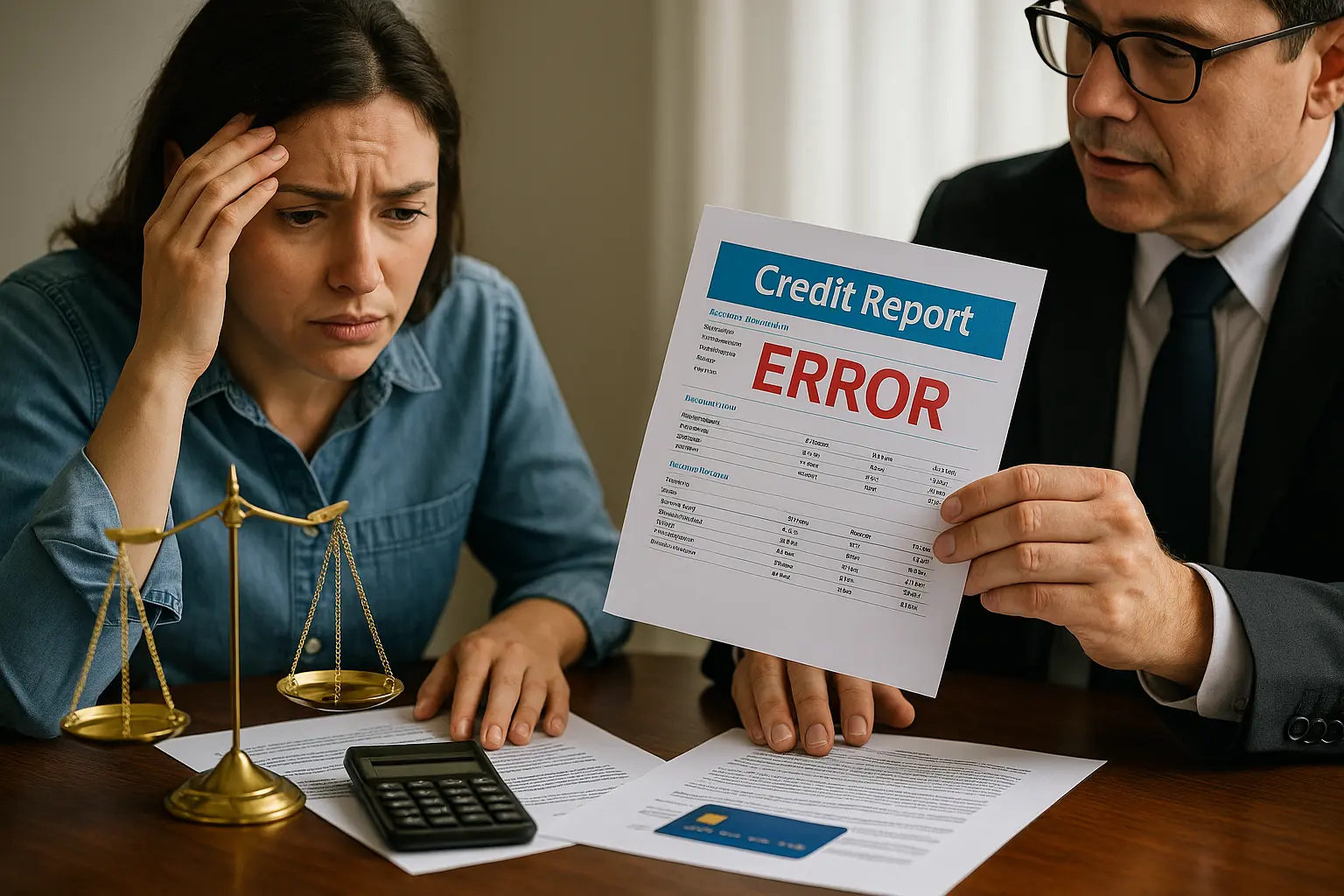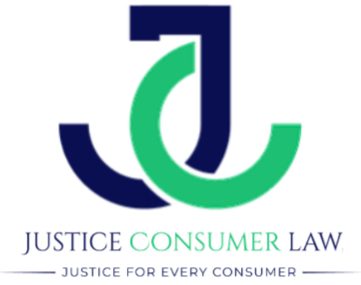A Wake-Up Call for Consumer Rights in Credit Reporting
In January 2025, the Consumer Financial Protection Bureau (CFPB) imposed a $15 million fine on Equifax, one of the three major U.S. credit bureaus. Equifax was fined because it did not properly investigate credit dispute cases filed by consumers, which is a direct violation of the Fair Credit Reporting Act (FCRA). This left millions of Americans open to having their credit profiles wrong.
This event shows how important it is to get legal help when disputing credit errors. Justice Consumer Law is also dedicated to protecting your rights in a system that is not working properly.
What Did Equifax Do Wrong?
Systemic Failures in Credit Dispute Handling
According to the CFPB’s findings, Equifax:
- Automatically rejected thousands of credit disputes without proper review
- Used internal policies that treated specific complaints as “frivolous” or “irrelevant” without evidence
- Ignored documentation submitted by consumers to support their claims
- Violated the FCRA by failing to reinvestigate claims within the required timeframe
These practices persisted from 2016 to 2021, impacting consumers trying to correct errors that often determined their ability to rent housing, get approved for loans, or qualify for jobs.
Why Accurate Credit Reporting Matters
Credit reports are not just financial snapshots—they are gateways to opportunity. When reports contain errors and companies like Equifax refuse to investigate, the consequences can be devastating.
Common Consequences of Reporting Errors:
- Loan denials for homes, cars, or personal needs
- Higher interest rates due to incorrect risk profiles
- Job rejections in industries that require credit checks
- Emotional stress from being unfairly treated or harassed
At Justice Consumer Law, we’ve seen firsthand how damaging a single inaccuracy can be—and how often credit bureaus fail to uphold their legal responsibilities.

What Is the Fair Credit Reporting Act (FCRA)?
The FCRA is the federal law that ensures:
- The accuracy and integrity of consumer credit information
- The right to dispute errors on your credit report
- An obligation by credit bureaus to conduct thorough investigations
Under this law, credit bureaus must:
- Investigate disputes within 30 days
- Remove or correct inaccurate information
- Notify the consumer of the results
Equifax’s actions were a direct violation of these requirements.
Equifax’s Defense—and the CFPB’s Response
Equifax’s Statement
While Equifax claimed to have acted in “good faith,” the CFPB dismissed these arguments. The agency noted that internal documents revealed a deliberate effort to shortcut the credit dispute process, prioritizing cost savings over consumer fairness.
CFPB’s Action
In addition to the $15 million civil penalty, the agency ordered Equifax to:
- Reform its dispute handling policies
- Provide restitution to affected consumers
- Improve staff training and compliance systems
What This Means for You
You Could Be One of the Millions Affected
If you’ve ever submitted a dispute to Equifax and received no resolution, or were told your issue was “frivolous,” you may have been harmed by the same policies outlined by the CFPB.
Legal Recourse May Be Available
Under the FCRA, you may be entitled to damages, legal fees, and removal of inaccurate information if:
- A credit bureau refused to investigate your dispute
- You suffered financial loss due to unresolved errors
- You were denied credit or housing based on incorrect information
How Justice Consumer Law Can Help
At Justice Consumer Law, we represent clients in credit dispute cases, credit reporting disputes, FCRA violations, and lawsuits against credit bureaus. Our process ensures that your rights are protected when big data companies fail to act responsibly.
What We Offer:
✅ Free Case Evaluation
We’ll review your credit report, dispute history, and any responses from Equifax or other bureaus.
✅ Legal Action Against Violators
If we find violations of the FCRA, we can initiate legal action to hold companies accountable and get you the compensation you deserve.
✅ Credit Restoration Support
We assist in removing unlawfully reported harmful and inaccurate items and help you rebuild your financial standing.
How to Know If You Have a Case
Ask yourself the following:
- Did they reject or ignore the dispute I submitted?
- Did I provide supporting documents that were not reviewed?
- Was I harmed financially due to incorrect credit information?
- Did Equifax label my complaint as “frivolous” without explanation?
If you answered “yes” to any of these, you may be eligible to file a legal claim.
Preventing Credit Reporting Problems in the Future
Stay Proactive:
- Request your credit report annually from all three bureaus (Equifax, TransUnion, Experian)
- Review for errors, such as accounts you don’t recognize or payments marked late
- Keep copies of all documents sent during disputes.
Document Everything:
- Always communicate via certified mail or email
- Record the dates and contents of responses from credit bureaus
- Retain screenshots and confirmations of your submitted disputes
Final Thoughts: This Isn’t Just About Equifax—It’s About Accountability
The Equifax fine reminds us that even the largest corporations must answer to the law when they mishandle a credit dispute or disregard consumer rights. However, real change only happens when consumers take a stand and pursue legal action to hold these companies accountable.
That’s where Justice Consumer Law steps in—to be your advocate when big companies fail you.
Start Controlling Your Credit Today
Don’t let your future be shaped by inaccurate credit information or unresolved credit disputes. If you believe your rights have been violated, Justice Consumer Law is here to help.
